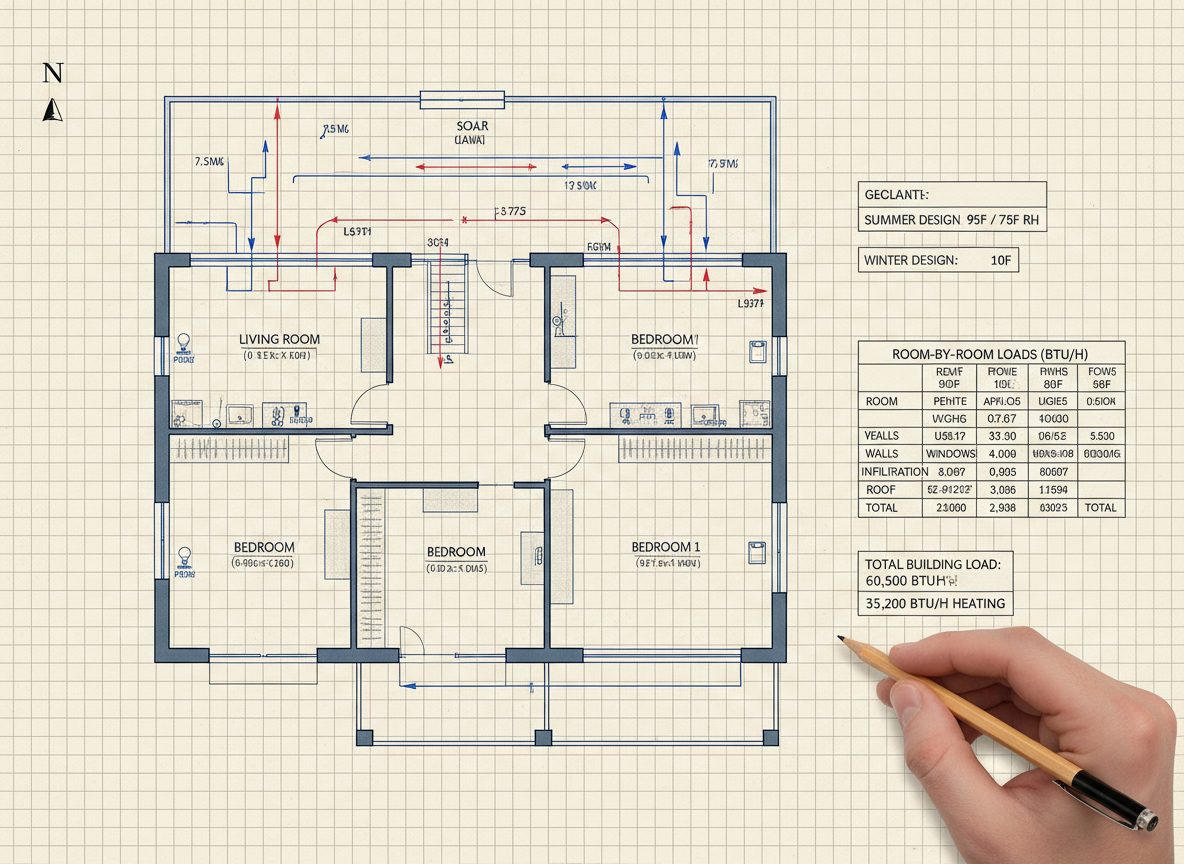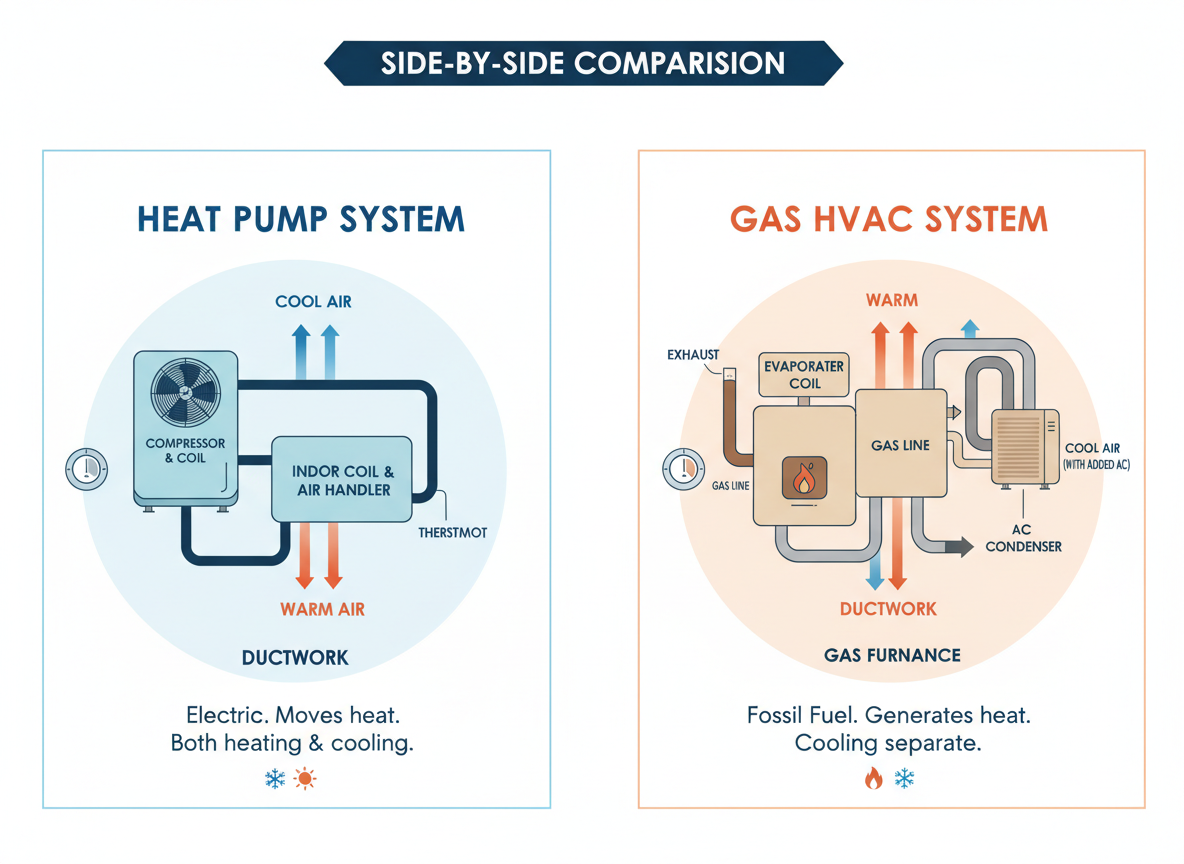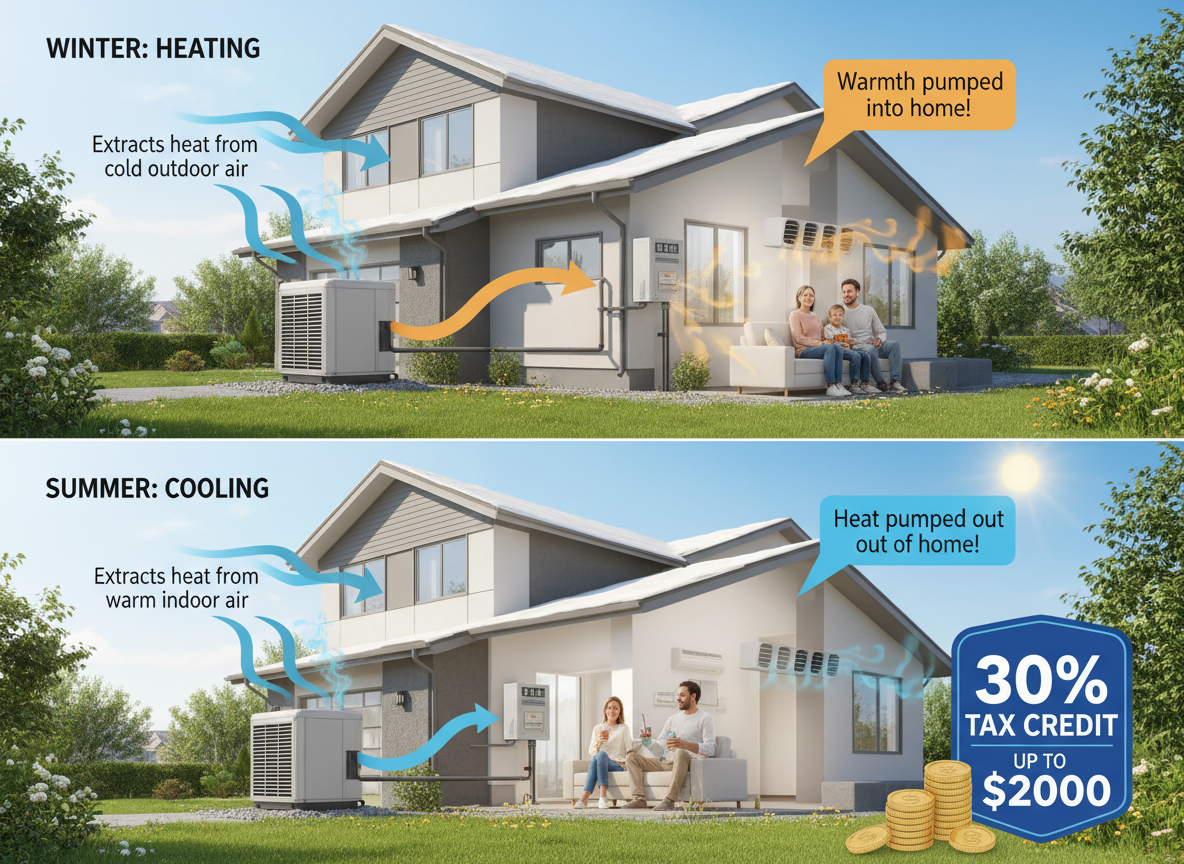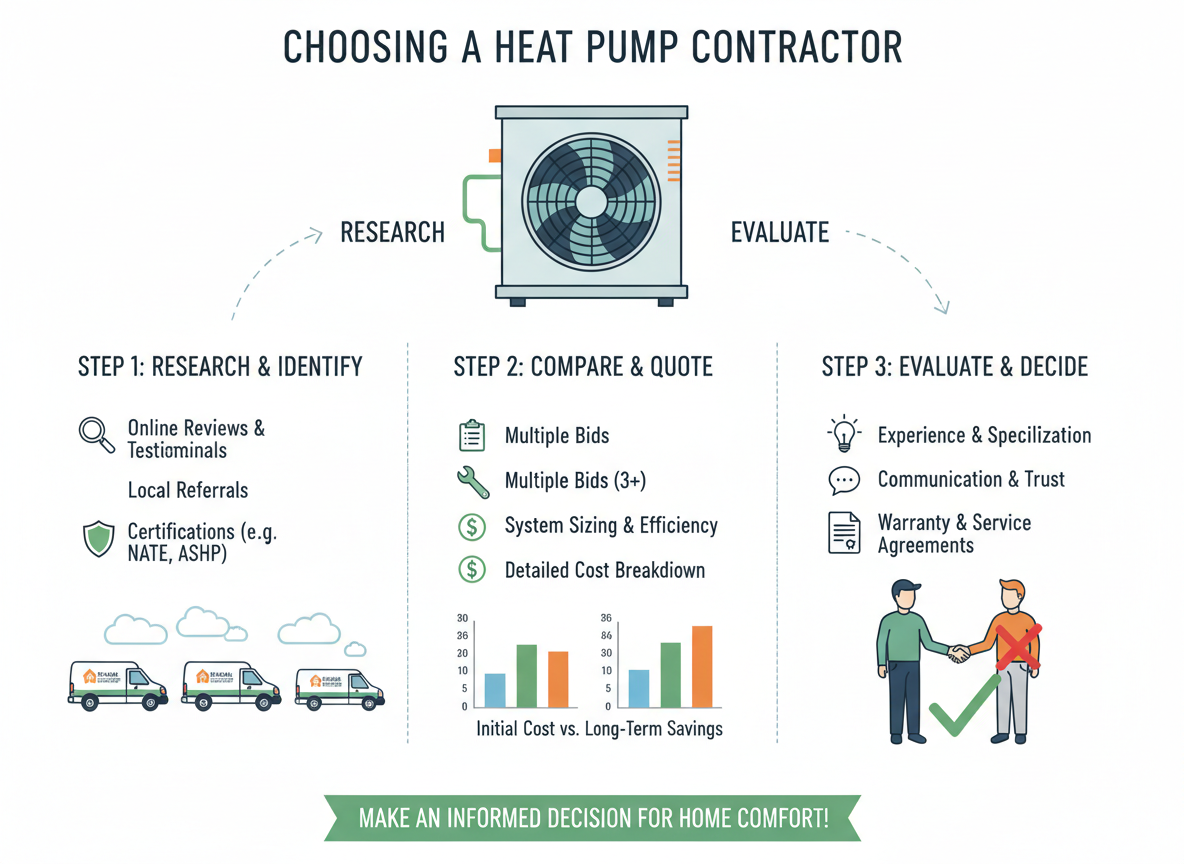
Good indoor air quality (IAQ) in commercial buildings is crucial for several reasons and can have a significant impact on the health, productivity, and well-being of occupants. Poor IAQ can lead to various health issues and discomfort, ultimately affecting employees' ability to work efficiently. In this article we discuss an overview of how IAQ influences productivity in commercial buildings and some of the ways to resolve it.
How Indoor Air Quality Affects Workplace Health and Productivity
Breathing Problems and Health Risks
When the air inside a building has too much dust, mold, or chemicals, it can make people sick. Poor indoor air quality (IAQ) can cause breathing problems like allergies, asthma, and even lung infections. Over time, workers exposed to bad air may develop long-term health problems. They may miss more work, and their job performance can suffer.
Poor Air = Poor Thinking
Dirty air doesn’t just affect your lungs—it can hurt your brain, too. Studies show that when people breathe in polluted indoor air, it can slow down their thinking. Clean air helps improve focus, decision-making, and problem-solving.
Sick Building Syndrome (SBS)
If a building has bad air, people inside may feel tired, get headaches, or feel sick often. This is known as Sick Building Syndrome. It can lead to more sick days and lower work output. Keeping the air clean can help prevent SBS and keep everyone feeling better.
Comfort = Better Work
People work better when they feel good. Clean air and the right temperature make indoor spaces more relaxing and less stressful. If the air is too hot, cold, or stuffy, it becomes hard to focus. Good air quality improves comfort, mood, and productivity.
Fresh Air Helps You Think
Buildings need fresh air to stay healthy. Without enough fresh air, carbon dioxide (CO2) can build up. This can make people feel sleepy or tired. Good ventilation brings in outdoor air and helps everyone stay alert and focused.
Stay Legal and Safe
Businesses must follow rules about air quality to keep workers safe. Bad IAQ could lead to legal problems or fines. Regular checks and proper HVAC care help companies stay in line with safety laws.
Simple Ways to Improve Indoor Air Quality
1. Cut Down on Indoor Pollutants
Limit chemicals like volatile organic compounds (VOCs) and reduce dust, mold, and pet dander. These pollutants can cause breathing problems and allergies. Using better filters and cleaning often helps.
2. Install Fresh Air Dampers
Fresh air dampers let clean outdoor air flow into the building. This helps remove dirty air and improve IAQ. A licensed HVAC technician should install them and check them regularly to make sure they work properly.
3. Keep the Economizer Working
An economizer brings in outdoor air to cool the building without using extra energy. It’s great for air quality and energy savings—but only if it’s working correctly. Have it checked and maintained regularly.
4. Add an Air Scrubber
An air scrubber is a device added to your HVAC system that removes pollution, smells, and tiny harmful particles from the air. It also helps clean surfaces. This is especially helpful for people with asthma or allergies.
5. Schedule Commercial HVAC Maintenance
Routine maintenance is key. It helps catch problems early, keeps the air clean, and ensures your system runs efficiently. Here’s what to focus on:
- Replace dirty air filters
- Clean evaporator and condenser coils
- Inspect ducts and vents
- Check fans and airflow
Sign up for a maintenance plan with automatic reminders so you never miss a check-up.
Contact LA's Top HVAC Commercial Solutions Contractor
Investing in good indoor air quality in commercial buildings is not only a matter of health and well-being but also a strategic decision to enhance productivity, reduce absenteeism, and create a conducive work environment for employees. Companies that prioritize IAQ are likely to see positive effects on employee performance and overall business outcomes. It also aligns with regulatory requirements and contributes to energy efficiency and the overall longevity of the building. Contact us online or give us a call today we can help you find solutions for your commercial HVAC system.
Importance of Good Indoor Air Quality for Commercial Buildings Related Posts:






















.png)














